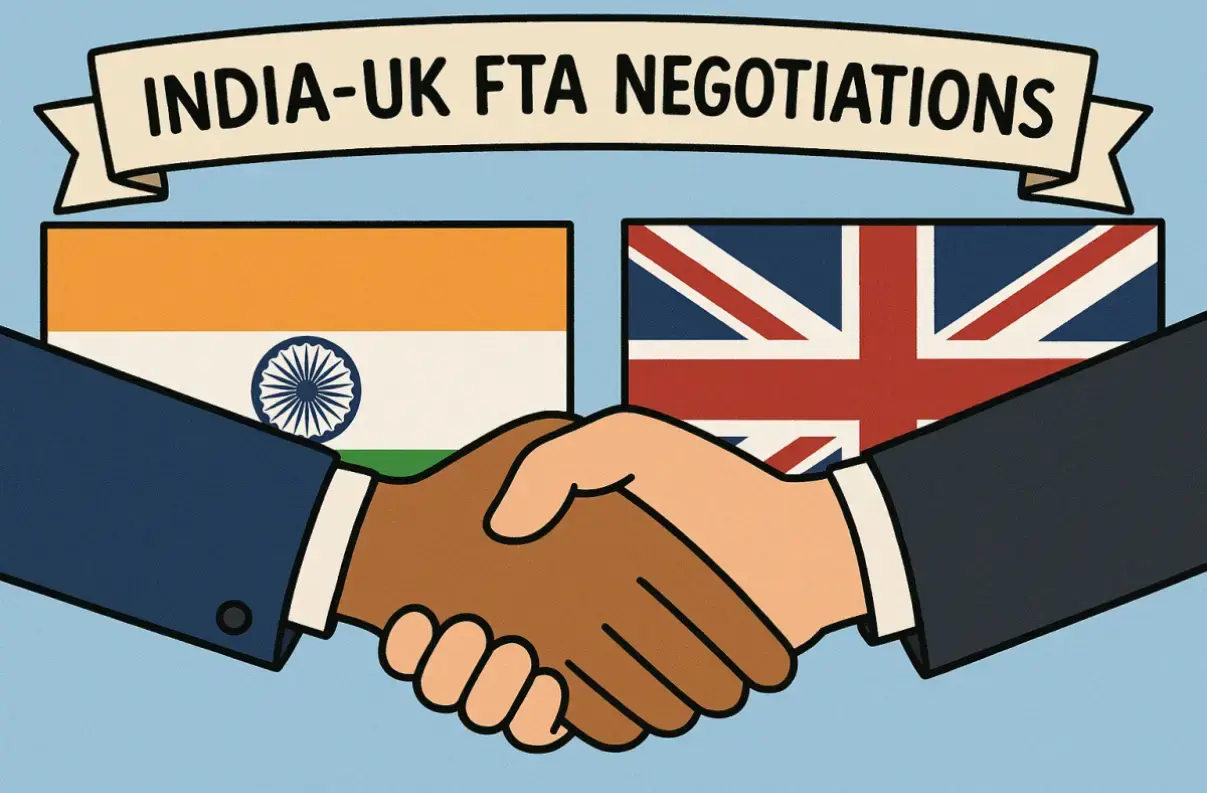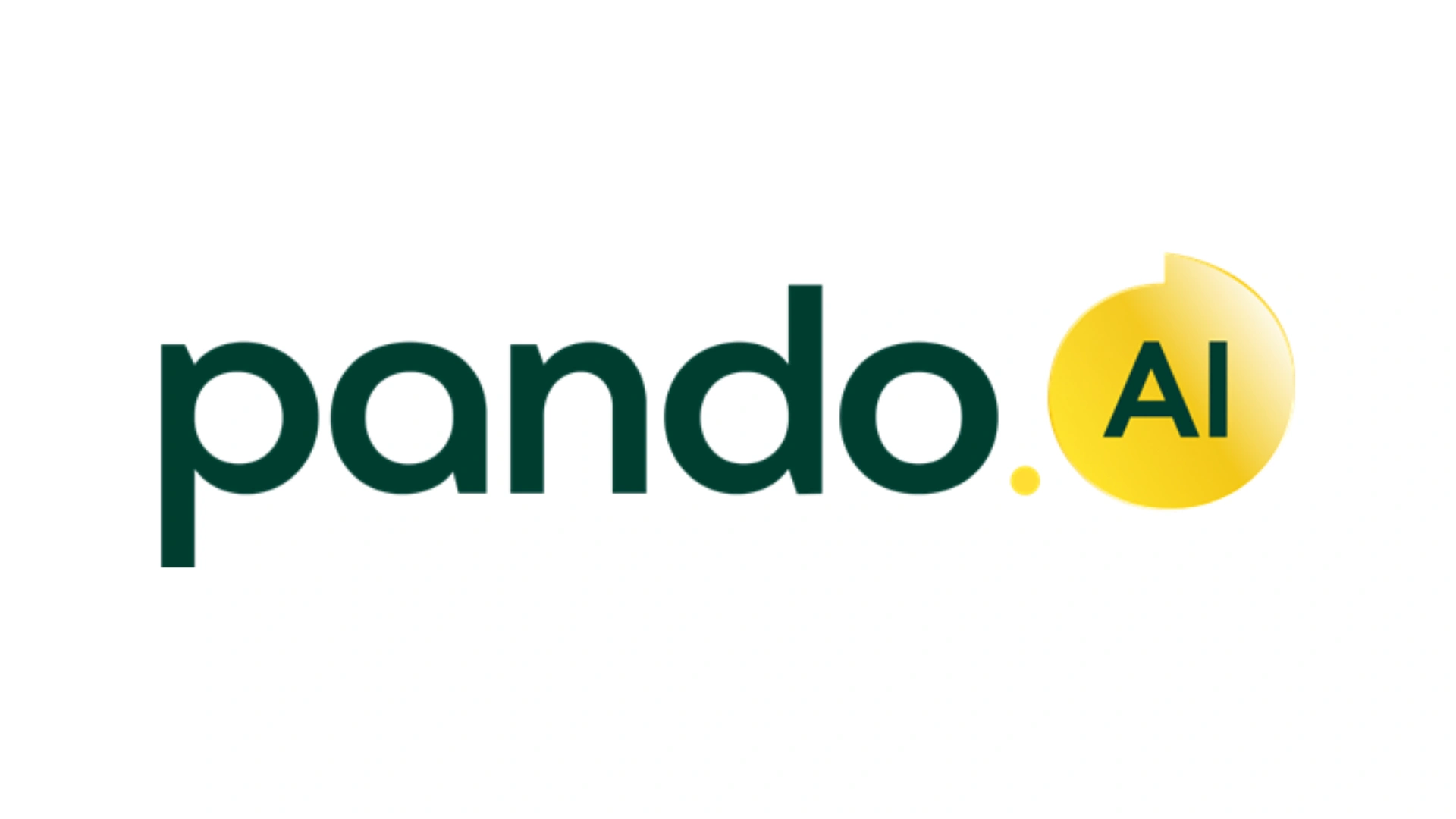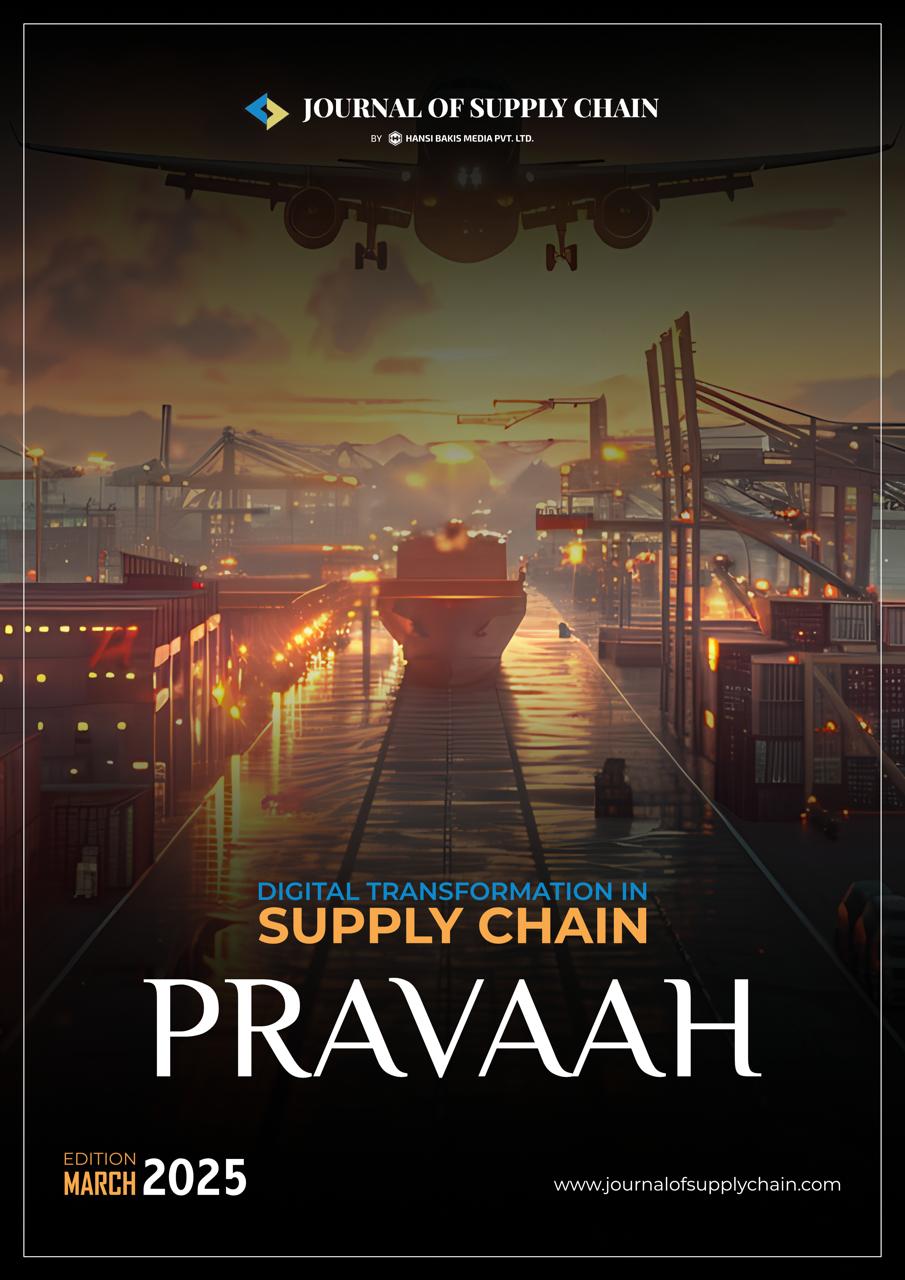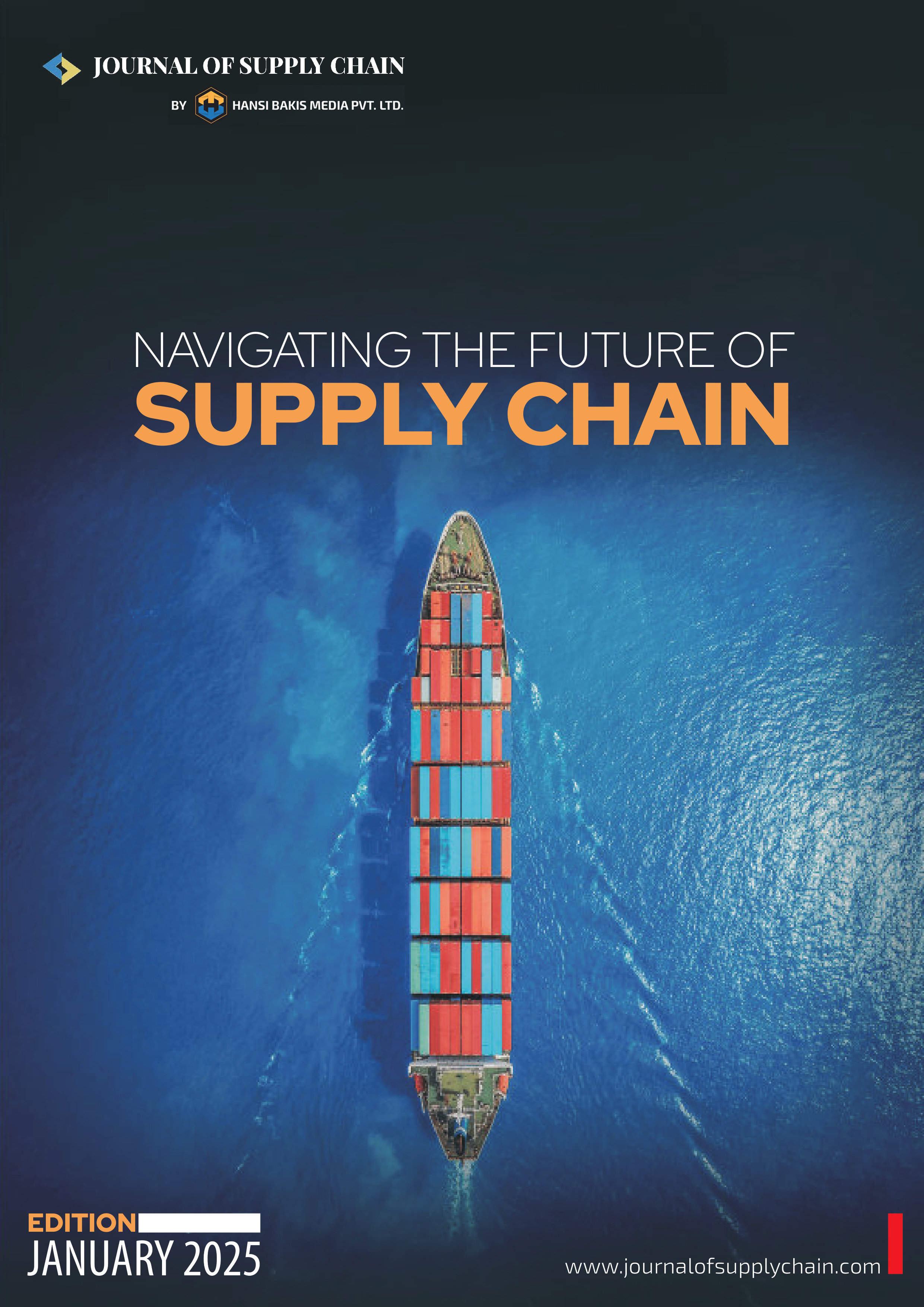In today’s global marketplace, supply chains are under increasing scrutiny from both consumers and regulators. The demand for ethical sourcing and transparency has never been greater, as businesses are held accountable for the way they source materials, treat workers, and impact the environment. Ethical sourcing and transparency are no longer just buzzwords—they are essential components of modern supply chains. This article delves into why ethical sourcing and transparency matter and how businesses can benefit from adopting these practices. What is Ethical Sourcing? Ethical sourcing refers to the practice of ensuring that the products and materials a company buys are produced in a socially responsible and environmentally sustainable way. This includes ensuring fair wages and working conditions, avoiding exploitation, supporting communities, and minimizing environmental impact. It also involves choosing suppliers who adhere to these ethical standards, from raw material extraction to the final product. Ethical sourcing goes beyond profit generation; it focuses on creating value for all stakeholders involved, including workers, consumers, and the planet. Consumers today are more conscious of where their products come from and are increasingly willing to pay a
The only supply chain registration you need
Unrivaled context behind every news and article for free.

 Anamika Mishra
Anamika Mishra 

















